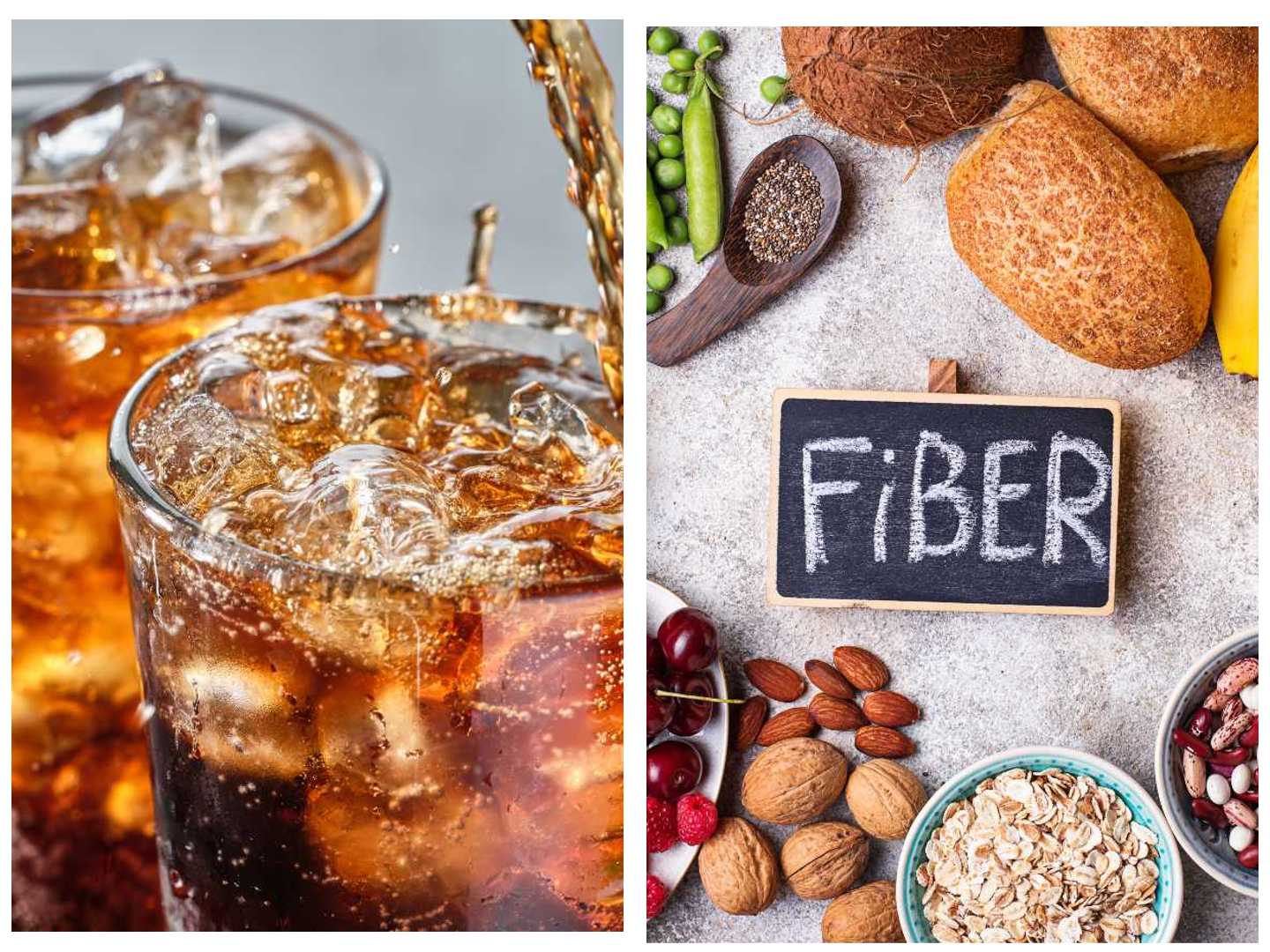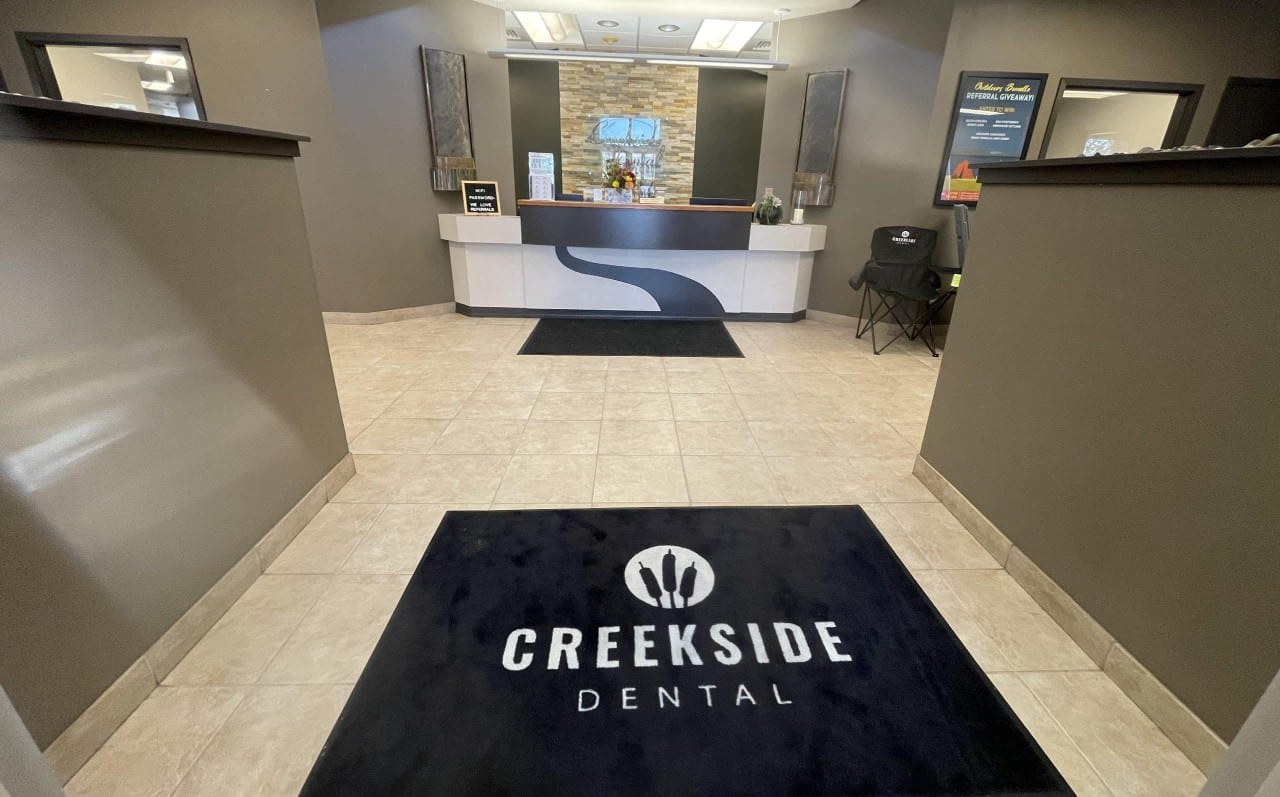One of the main responsibilities of a dental hygienist, in addition to cleaning our patient’s teeth, is education. This part of our job may be even more important than the treatment that we provide during the office visits. This is because what a patient does at home on a day to day basis between those visits has a much larger impact on their oral health than the 60 minutes that they spend in our chair twice per year. The more that a patient knows, the more likely they are to practice good oral habits and avoid bad ones.
A common frustration for many of our patients is the recurrence of dental decay despite their efforts to keep their teeth clean with brushing and flossing. They follow our advice and are very diligent, but the next time they come in they have a new cavity, or several. We see this all the time. When we do, the first thing we do is start asking questions about their lifestyle, general health and diet.
Before I continue, I’ll explain in simple terms what causes decay. In order for a cavity to form on a tooth, there must be two things present- bacteria and sugar. Bacteria feed on sugar and produce acids that eat through tooth enamel, causing a cavity. Plaque, the soft sticky material that is always forming on the teeth, provides a place for the bacteria to live and help them stick to your teeth. This is why brushing and flossing are so important- they reduce the amount of bacteria that are stuck to the teeth. The less bacteria, the lower the chance of getting a cavity. On the other hand, the more sugar that a person has in their diet, the more food there is for the bacteria- and the more the bacteria eat, the more acids are produced.
So cleaning your teeth every day is not the only thing that matters. What a person eats, drinks, and how often they are doing it will affect the frequency of decay. Snacking a lot or sipping on sugary beverages and foods provides a constant source of food for the decay-causing bacteria. Candy and soda may be the foods that are popping into your head right now, but when we say “sugary”, we mean any foods or drinks that contain fermentable carbohydrates (foods that are quickly broken down in the mouth into simple sugars). This doesn’t just mean sweets- they can be found in the healthy food groups as well as unhealthy sweets and treats. Grains, fruits and dairy foods can all contribute to decay. Breads, crackers, dried fruits- all healthy nutritious foods – create an acidic environment in your mouth. For a more detailed list of cariogenic (“decay causing”) foods, see the table at the end of this article. Note that I said it is not just what you are eating, but how often. If you tend to snack between meals, or eat many small meals per day, or sip on that coffee with cream at your desk throughout the day, you are continually bathing your teeth in these sugars, and your teeth will suffer. After eating foods containing these fermentable sugars, it takes about 30 minutes for the pH (acidity level) of your mouth to return to normal. So if you are sipping that Vitamin Water every 20 minutes, your mouth is always going to be acidic.
Your body naturally tries to combat this constant acid attack that your teeth are exposed to by producing saliva to cleanse the teeth and buffer the acid. If for any reason a person’s saliva production is reduced, the teeth become much more likely to form cavities. The bacteria-laden plaque doesn’t get washed from the teeth and sugars from the diet sit in the mouth longer. The acidity level remains high for longer periods of time and the enamel on the teeth starts to dissolve and decay. Things that can affect the amount of saliva include certain medications, chronic dehydration, damaged salivary glands, and breathing through the mouth (this is common at night while sleeping.) If you feel like you frequently have dry mouth, mention it to your dentist. He will have lots of tips and suggestions, which may include adding some sort of fluoride treatment into your daily regimen, or chewing sugar-free gum with xylitol, which can help stimulate saliva production. Please read our previous blog about what fluoride can do for your teeth. Communities with water fluoridation tend to have a lower decay rate. Here in the Tri-Cities, only Pasco adds fluoride to the community water.
Sometimes it is hard to determine why a person keeps getting cavities. Every person has different habits, diets and health conditions which all affect the mouth and teeth. Genetics also play a part, and sometimes it takes a little bit of interrogation on our part to figure out what’s going on in your particular case. Usually, it comes down to diet and homecare. Pay attention to what you’re eating and drinking, and whether you are snacking or sipping. Read nutrition labels to see how much sugar is in your food. Ask any of our Creekside Dental staff questions. Don’t be shy – that’s what we are here for!
Reference Foods Considered Cariogenic (Cavity-Causing)
-
Liquid
Soft drinks, fruit drinks and juices, cocoa, sugar and honey in beverages, nondairy creamers, ice cream, sherbet, flavored or frozen yogurt, pudding, custard, jello, energy drinks, lattes, flavored waters
-
Solid and Sticky
Cakes, cupcakes, doughnuts, sweet rolls, potato chips, pretzels, pastry, breads, canned fruit in syrup, bananas, cookies, chocolate candy, caramel, toffee, jelly beans, other chewy candy, sugar chewing gum, dried fruit, marshmallows, jelly, jam, granola bars, some protein bars
-
Slowly Dissolving
Hard candies, breath mints, antacid tablets, cough drops
